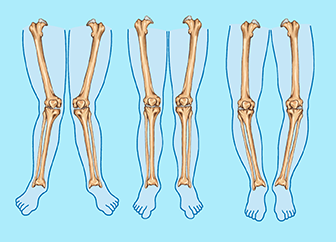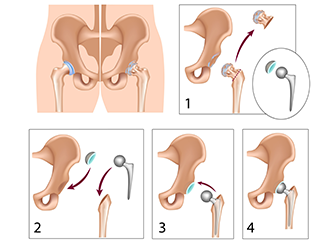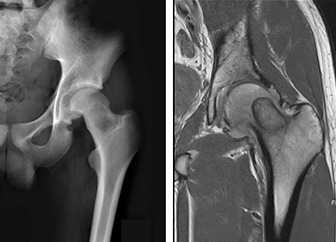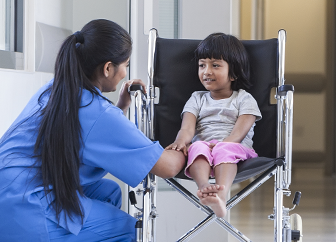Overview
SPARSH Hospital provides comprehensive treatment for the entire spectrum of children’s orthopaedic disorders including pediatric upper limb, lower limb, and spine conditions. The team’s extensive clinical experience complemented along with innovative treatment techniques has led to well-documented treatment outcomes both quantitatively and qualitatively. The SPARSH Hospital staff are committed to providing high-quality orthopaedic care to children under the age of 18.
An Innovative Approach to Treatment

Early Detection and Management of Deformities Using Growth Modulation

Paediatric Hip Pathologies Managed with Safe Surgical Dislocation

Comprehensive Pediatric Bone Tumor Management

Multispeciality Involvement in Treating Children with Syndromes
We Specialise in the Treatment of
- Management of Children with Congenital Anomalies
- Management of Pediatric Fractures and Trauma
- Management of Growth-related Issues
- Paediatric Bone and Joint Infections
- Evaluation and Management of Children with Bone and Joint Deformities
- Surgical Correction of Deformities with Growth Modulation Procedures
- Limb Length Equalisation Using Lengthening or Epiphysiodesis
- Prenatal and Parental Counselling



